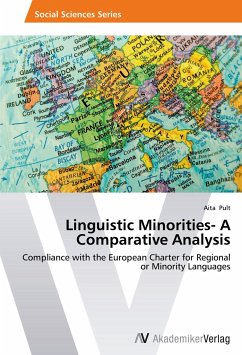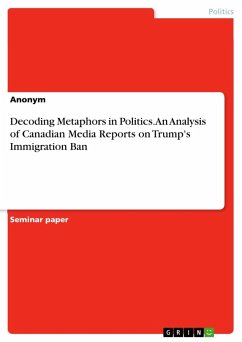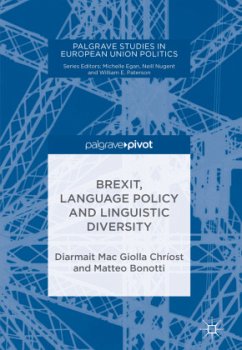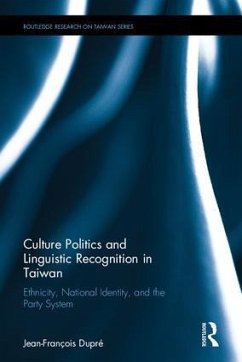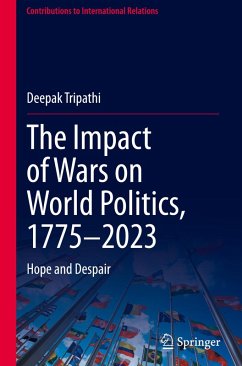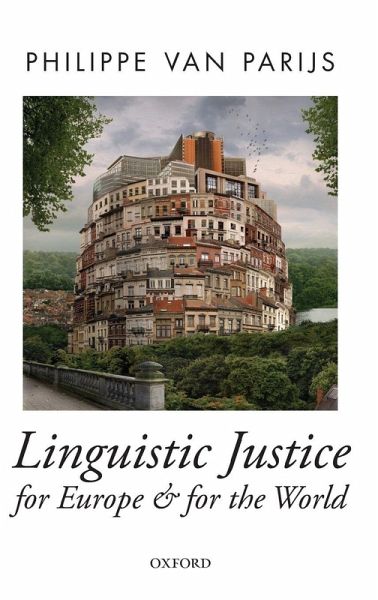
Linguistic Justice for Europe and for the World
Versandkostenfrei!
Versandfertig in 1-2 Wochen
86,99 €
inkl. MwSt.

PAYBACK Punkte
43 °P sammeln!
In Europe and throughout the world, competence in English is spreading at a speed never achieved by any language in human history. This apparently irresistible growing dominance of English is frequently perceived and sometimes indignantly denounced as being grossly unjust. Linguistic Justice for Europe and for the World starts off arguing that the dissemination of competence in a common lingua franca is a process to be welcomed and accelerated, most fundamentally because it provides the struggle for greater justice in Europe and in the world with an essential weapon: a cheap medium of communic...
In Europe and throughout the world, competence in English is spreading at a speed never achieved by any language in human history. This apparently irresistible growing dominance of English is frequently perceived and sometimes indignantly denounced as being grossly unjust. Linguistic Justice for Europe and for the World starts off arguing that the dissemination of competence in a common lingua franca is a process to be welcomed and accelerated, most fundamentally because it provides the struggle for greater justice in Europe and in the world with an essential weapon: a cheap medium of communication and of mobilization. The book spells out the corresponding interpretations of linguistic justice as cooperative justice, distributive justice and parity of esteem, respectively. And it discusses systematically a wide range of policies that might help achieve linguistic justice in these three senses, from a linguistic tax on Anglophone countries to the banning of dubbing or the linguistic




